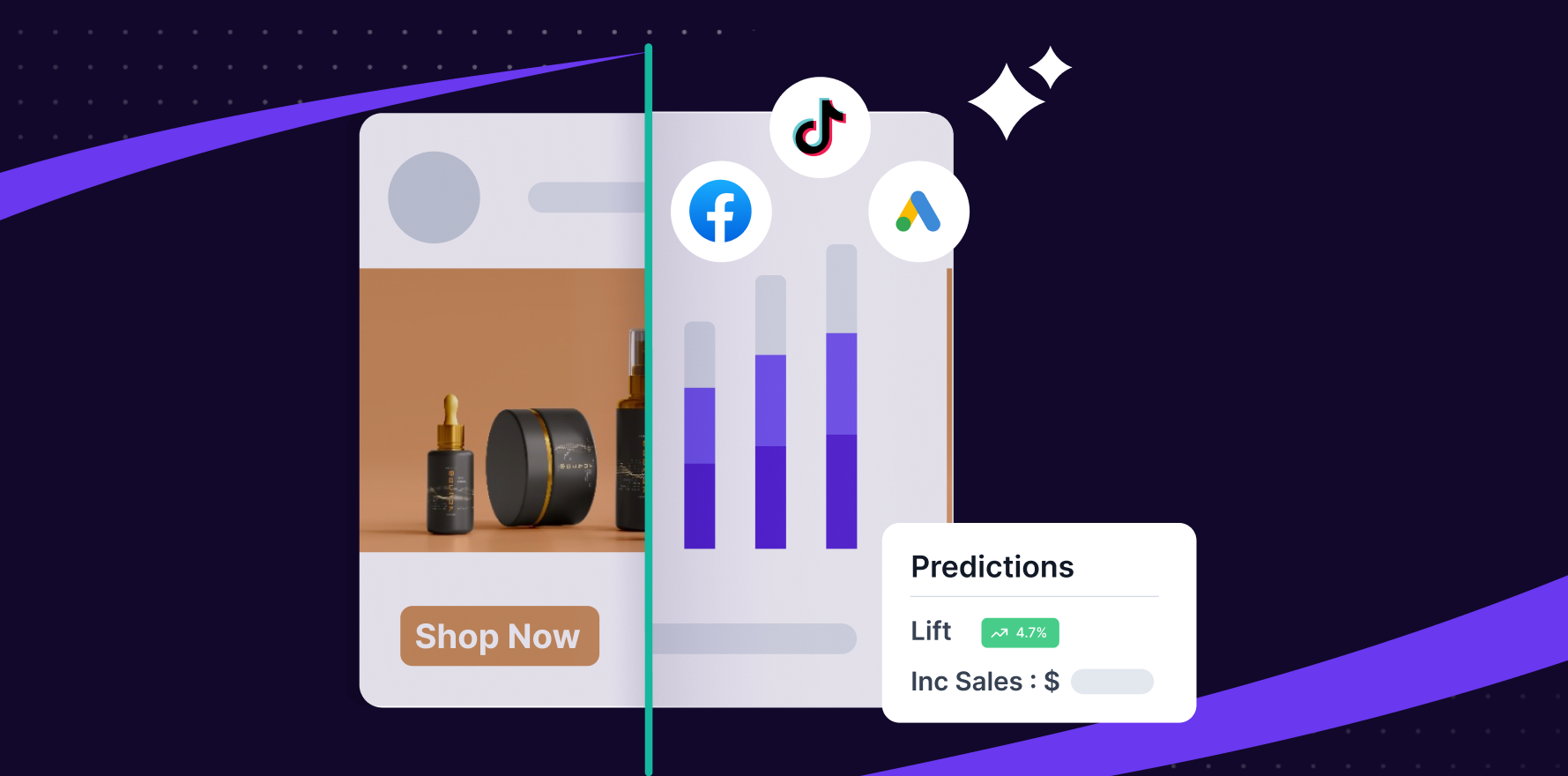The consumer consciousness has never been more alive than now. The new consumer is privacy-conscious and yet, demands deeply personalized experiences in their brand engagements. They are happy to share data with brands as long as they know two things for sure – that the data sharing has a value exchange for them and that brands will handle their data in a privacy-compliant, secure manner and with great care. The new consumer demands transparency in how their data is used and who it is shared with.
Balancing the fine line between personalization and privacy
80% of consumers are more likely to engage with a brand if it offers personalized experiences. What has changed is that the consumer demands these personalized experiences but not at the cost of their data privacy.
They want a trusted relationship with the brands they love – and the new, cookie-less era of marketing will be about building that trust and treading the fine line between personalization and privacy. This will require further deprecation of the use of third party data in marketing.
Why? Because third party data comes with inherent privacy risks. In fact, 63% of data breaches globally can be linked directly or indirectly to third party data. The solution is relying more on other sources of data, and first party data is at the top of this list.
First party data and identity resolution to the rescue
As brands move away from the third party cookie and similar third party data sources, they will increasingly rely on permission-based first party data. This is data that consumers actively share with brands through the digital assets, emails, surveys, and CRM systems.
First party data strategies that enable deterministic identities via authentication will create a strong value exchange for consumers. These value exchanges include tailored engagement to save time, introducing personalized recommendation engines, exclusive access or limited time offers.
At the centre of this new era of hyper-personalization, there will be a focus on good quality data and holistic, master identity profiles of each consumer – or what we call identity resolution. Brands that build these master profiles based on authentic first party data will thrive in the new reality.
Before brands get to identity resolution, they will need a robust platform that breaks the data silos and integrates customer data from a variety of first party sources. This data will also need to get enriched for higher scale and reach of campaigns. All of this – including breaking data silos,
identity resolution, and data enrichment – is enabled by the modern data platform, or what we call our CI Platform.
Relevant experiences form the core of a new data strategy
At the core of all of this that will drive the new reality of marketing lies brands’ ability to deliver experiences to their customers that are truly empathetic, relevant, and respectful. Only then can brands enable a trust-driven, deep and loyal relationship with their customers.
Technology can enable it, but what we truly need is a brand new data mindset that puts customers’ needs for privacy and personalization at the very core. A new era of the digital marketing ecosystem is here. One that demands you to tread a fine balance, leverage technology and data, and respect your customers’ needs like never before. Are you prepared?
You may also like
Essential resources for your success















